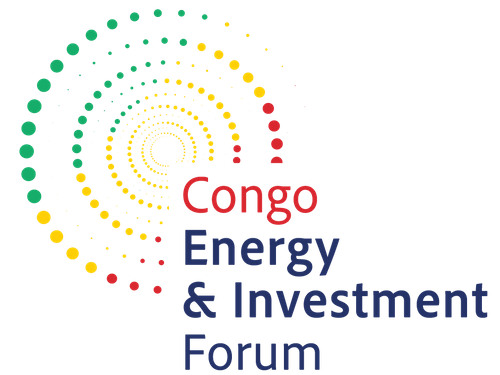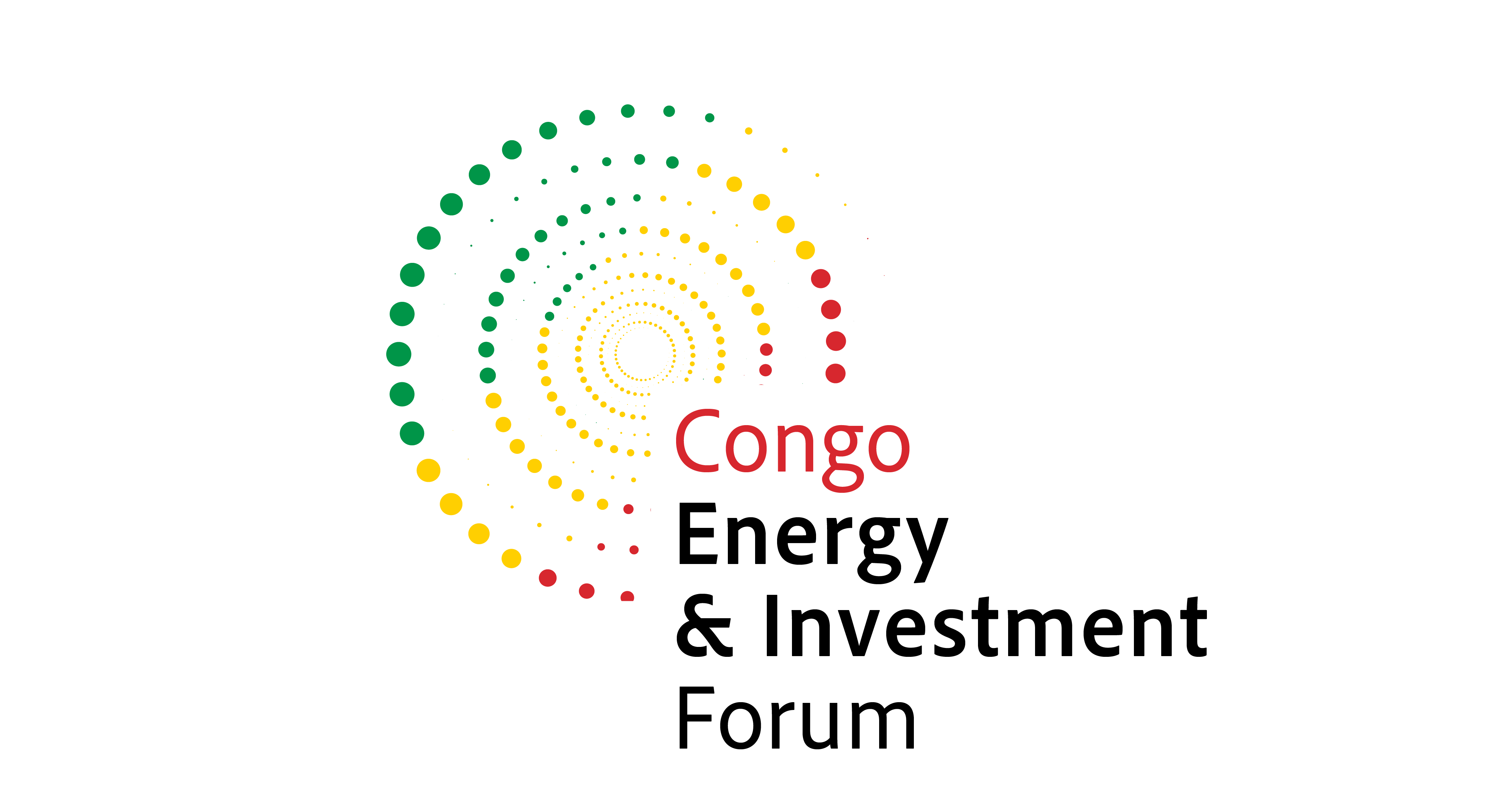5 Policies Driving Energy Sector Growth in the Republic of Congo
)
The Republic of Congo has introduced several key regulatory reforms to boost its energy sector, focusing on hydrocarbons and electricity, as it aims to enhance its energy infrastructure and double oil production by 2027. These reforms are designed to attract foreign investment, foster economic diversification and strengthen the country's position as a key energy player in the region.
Enactment of the 2016 Hydrocarbons Code
In 2016, Congo enacted Law No. 28-2016, the Hydrocarbons Code, to modernize the legal framework for oil and gas activities. This law reaffirms state ownership of hydrocarbon resources and establishes a competitive bidding process for exploration and exploitation rights, with a view to increasing transparency and attracting foreign investment. With a new licensing round set for March 2025, the law is expected to further enhance the country’s appeal to international investors by ensuring a fair and transparent process for securing exploration and production rights, while supporting the long-term development of Congo's oil and gas sector.
Investment Incentives for the Energy Sector
To stimulate investment, Congo offers various tax incentives, such as a 50% reduction in company earnings tax for businesses in remote areas after the first three years of exemption. Additionally, companies with at least 25% local ownership benefit from lower dividend and capital gains taxes, making the sector more attractive to investors and enhancing profitability.
Approval of Share Transfer Regulations
In 2023, Congo approved new regulations for transferring shares in petroleum contracts, requiring Ministerial approval for any stake transfer in oil projects. This ensures that transactions align with national interests and promotes a stable investment environment. The regulations also aim to increase transparency in the sector, reducing the potential for conflicts and ensuring that changes in ownership support the country’s long-term strategic energy goals.
Liberalization of the Electricity Sector
Congo has reformed its electricity sector, allowing private companies to manage public electricity services. The creation of Énergie Électrique du Congo (E2C) in 2018 aims to improve efficiency, expand electricity access and encourage the development of renewable energy, attracting private investment for infrastructure development. These reforms also pave the way for increased competition and innovation in the sector, ultimately benefiting consumers and supporting the country's broader economic growth.
Fuel Subsidy Reforms
In 2023, Congo began addressing high fuel subsidies, which have led to some of the lowest fuel prices in sub-Saharan Africa. By reducing these subsidies, the government aims to create a more market-driven environment, encouraging downstream sector investment and improving profitability. This move is expected to foster fair competition and attract both local and international investors by ensuring a more sustainable and transparent pricing structure.


